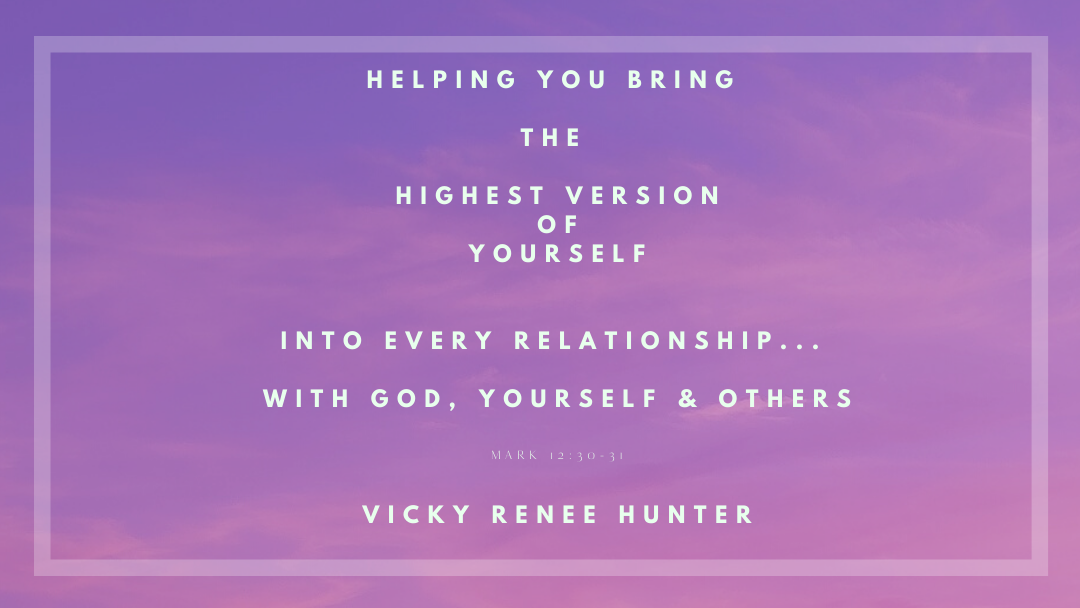
Have you ever felt like you’re the one getting in your own way—even in your walk with God?
You’re not alone.
Self-sabotage doesn’t just show up in careers or relationships—it sneaks into our spiritual lives, too.
And as believers, it can be especially confusing because we know God has called us, chosen us, and forgiven us. But still… we struggle. We delay. We doubt. We hide.
Let’s talk about what self-sabotage really looks like for someone who loves Jesus.
- Doubting God’s Promises (Even Though You Know Better)
You’ve read the scriptures. You’ve heard the sermons. But something in you still whispers, “What if God’s promises aren’t really for me?”
That quiet doubt can lead to inaction—because if you’re unsure God will come through, why bother stepping out in faith?
⸻
- Being a Perfectionist in the Name of “Excellence”
Sometimes, we hide behind perfectionism and call it “doing things for God.” But deep down, it’s fear—fear of failing, of disappointing others, of not being good enough.
We forget that God isn’t asking for perfect—He’s asking for obedience and surrender.
⸻
- Wearing Guilt Like It’s a Spiritual Discipline
You’ve repented. God’s forgiven you. But you keep reliving the past like it’s still who you are.
Guilt is not from God. Conviction leads to freedom—but shame keeps you stuck. And when you’re stuck, you can’t move into what God has for you.
⸻
- Avoiding Prayer or the Word Because You’re “Off Track”
Ever ghosted God?
You miss a few days in the Word or skip church, and suddenly you feel too far gone to even try again. So you avoid it altogether. But that’s the self-sabotage talking. God’s not waiting to scold you—He’s waiting to love on you.
⸻
- Talking Down to Yourself—Even in Prayer
You pray, but your prayers sound more like a guilt trip: “God, I know I’m just a mess… I’m always failing You.”
That kind of self-talk isn’t humility—it’s identity confusion. God doesn’t call you by your struggle. He calls you His.
⸻
- Being Scared of Blessings (Yes, Really)
This one can be sneaky. You ask God for favor or opportunities, and when they come, you shut down or self-destruct.
Why? Because deep down, you don’t feel worthy of good things—even when God is the one giving them.
⸻
- Isolating Yourself When You Need People Most
You pull away from community, thinking you’ll “get it together” first. But isolation only makes things louder in your head.
God created you for connection—for iron to sharpen iron. Healing often happens in community, not in solitude.
⸻
- Delaying Obedience Because It Feels Too Big
You know what God’s asking you to do. Start the ministry. Share your testimony. Write the book.
But fear whispers, “What if you fail?” So you stall. Delay. Distract yourself with other things.
But delayed obedience is still disobedience—and deep down, you know that.
⸻
- Putting More Faith in Self-Help Than the Holy Spirit
Therapy is great. Books are helpful. But when you start relying more on strategies than the Savior, you’re sabotaging your spiritual power.
Worldly wisdom can’t replace godly guidance. It should supplement, not substitute.
⸻
The Good News? You Don’t Have to Stay Stuck.
If any of this sounds familiar, don’t beat yourself up. Recognizing the pattern is the first step to breaking it.
Self-sabotage loses its power when we expose it to the light of truth—God’s truth.
You’re not too messy, too far behind, or too broken. You are loved, chosen, called, and equipped.
It’s time to stop standing in your own way—and start stepping into the life God designed for you.




